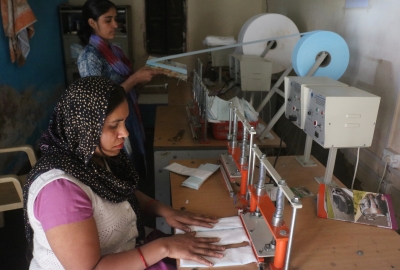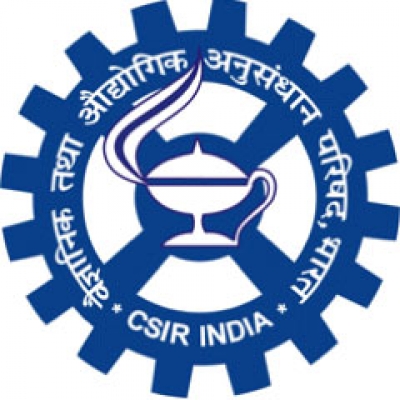
New Delhi, Nov 26 (IANS) Biologic therapies are revolutionising severe asthma management, showcasing potential for remission, but cost and equitable access are the major barriers, according to a report on Tuesday.
Biologic therapy, also known as immunotherapy, is a type of treatment that uses substances derived from living organisms to treat disease.
The report by GlobalData, a data and analytics company, showed that the new Biologics target specific inflammatory pathways, shifting care from symptom control to potential remission.
Biologic treatments like dupilumab interleukin-4 receptor alpha and tezepelumab (anti-thymic stromal lymphopoietin (TSLP)) show potential for wider application. They also offer benefits to patients with various inflammatory profiles.
As per real-world evidence, these therapies have proved their efficacy across diverse patient profiles, including those with complex asthma cases.
However, the report cited barriers such as cost and accessibility. It stressed the urgent need for equitable healthcare solutions to ensure the widespread adoption of these transformative treatments.
“Biologics have fundamentally changed our approach to severe asthma by enabling targeted, personalised treatment, but expanding access is crucial to realising their full potential,” Sravani Meka, Senior Pharmaceutical Analyst at GlobalData.
“The long-term impact of these therapies could shift asthma management from simply controlling symptoms to achieving remission, like advances seen in fields like rheumatoid arthritis,” Meka added.
While biologics have shown great promise, barriers such as cost, access, and insurance coverage limit their availability, particularly in underserved communities.
This is further complicated by environmental and social factors. Many patients in high-risk areas are disproportionately exposed to pollutants that worsen symptoms.
“Tezepelumab’s broad efficacy, even for patients with low eosinophil (a type of white blood cell that helps fight infections) counts, highlights the potential of biologics to address asthma across diverse profiles and patient demographics,” Meka said.
Systemic changes to improve healthcare equity and accessibility are crucial even as efforts to expand access to biologics in severe asthma treatment are underway,
Meka called for “sustained attention to cost and accessibility issues”. She noted that this will ensure that biologics are available to all needy patients.
–IANS
rvt/




